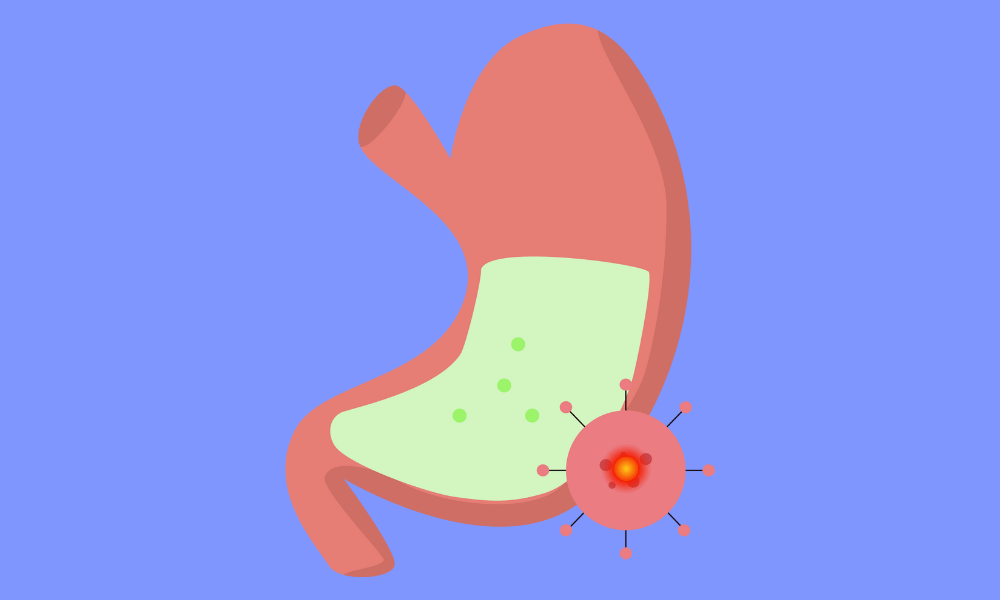Gastrointestinal Cancer Treatment in Bangalore
Gastrointestinal cancer refers to cancers that affect the organs of the digestive system. These organs include the esophagus, stomach, liver, gallbladder, pancreas, small intestine, colon, and rectum. Gastrointestinal cancer can develop when abnormal cells in these organs grow uncontrollably, forming tumors that can be cancerous. Early detection and timely treatment are crucial for better outcomes and improved quality of life.
What is Gastrointestinal Cancer?
Gastrointestinal cancer refers to a group of cancers that affect the digestive system, which includes the esophagus, stomach, liver, pancreas, small intestine, and large intestine (colon and rectum). These types of cancers can develop when abnormal cells grow uncontrollably within the digestive organs. Common symptoms of gastrointestinal cancer may include unexplained weight loss, abdominal pain, bloating, and changes in bowel habits.
Gastrointestinal cancer treatment depends on various factors such as the type and stage of cancer, the patient’s overall health, and the extent of the tumor’s spread. Treatment options may include surgery to remove the cancerous tissue, chemotherapy to kill cancer cells, radiation therapy to target and shrink tumors, and targeted therapy that focuses on specific molecules involved in cancer growth. The goal of treatment is to eliminate or control the cancer, relieve symptoms, and improve the patient’s quality of life.

Symptoms
The symptoms of gastrointestinal cancer may vary depending on the specific organ affected. Some common symptoms to watch out for include:
- Persistent abdominal pain or discomfort.
- Unexplained weight loss and loss of appetite.
- Changes in bowel habits, such as diarrhea or constipation.
- Feeling full quickly after eating a small amount of food.
- Blood in the stool or black, tarry stools.
- Indigestion or difficulty swallowing.
If you experience any of these symptoms, it is essential to consult a healthcare professional for proper evaluation and diagnosis.
Causes
The exact causes of gastrointestinal cancer are not always clear, but certain risk factors may increase the likelihood of developing these cancers. Some common risk factors include:
Age: The risk of gastrointestinal cancer generally increases with age.
Family history: A family history of gastrointestinal cancer or certain genetic syndromes can elevate the risk.
Smoking and alcohol consumption: Tobacco use and excessive alcohol intake can contribute to certain gastrointestinal cancers.
Diet: A diet high in processed and red meats and low in fruits and vegetables may increase the risk of gastrointestinal cancer.
Chronic inflammation: Conditions such as inflammatory bowel disease (IBD) can raise the risk of colorectal cancer.
Stages
Gastrointestinal cancer is staged based on the extent of the cancer’s growth and spread. The stages range from 0 to IV, with stage 0 being an early stage with limited growth, and stage IV indicating advanced cancer that has spread to distant organs. Staging helps determine the most appropriate treatment plan.
Diagnosis
Diagnosing gastrointestinal cancer involves various tests and procedures. Common methods of diagnosis include:
Endoscopy: A thin, flexible tube with a camera is used to examine the digestive organs, and tissue samples can be collected for biopsy.
Imaging tests: X-rays, CT scans, MRIs, and ultrasound may be used to visualize the organs and detect any abnormalities.
Biopsy: A small tissue sample is taken from the suspected area and examined under a microscope to confirm the presence of cancer cells.
Treatment for Gastrointestinal Cancer
The treatment for gastrointestinal cancer depends on the type and stage of cancer. It may include one or a combination of the following:
Surgery: Surgical removal of the tumor and affected organs may be necessary.
Chemotherapy: Drugs are used to kill cancer cells or stop their growth.
Radiation therapy: High-energy rays are directed at the cancerous tissue to destroy the cancer cells.
Immunotherapy: This treatment uses the body’s immune system to fight cancer cells.
Targeted therapy: Medications are used to target specific molecules involved in cancer growth.
For individuals seeking gastrointestinal cancer treatment in Bangalore, there are specialized medical centers and experienced healthcare professionals available to provide comprehensive care and support. Early detection and access to appropriate treatment are vital for improving the chances of successful outcomes. If you have concerns about gastrointestinal health, consult a healthcare provider for timely evaluation and guidance.
Consult the Best Oncologist in Bangalore
Schedule your appointment with Dr. Bharath G Minimally Invasive Robotic & Surgical Oncologist.
